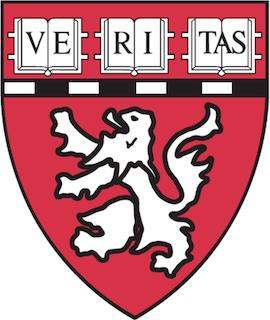Danesh Moazed, Ph.D., is a Professor and HHMI Investigator in the Department of Cell Biology at Harvard Medical School. He is a member of the Harvard Biophysics Program and the Harvard Initiative for RNA Medicine (HIRM). He received his undergraduate and Ph.D. degrees from the University of California in Santa Cruz and performed postdoctoral studies at the University of California in San Francisco.
The Moazed lab studies how genes are silenced and how silencing is epigenetically inherited across generations. The lab’s interests revolve around diverse pathways of heterochromatin-mediated gene silencing in yeast and mammalian cells. Work in budding yeast focuses on the structure and function of a diverged and relatively simple form of heterochromatin, which requires only three Silent information regulator (“Sir”) proteins that form a histone deacetylase and chromatin-binding complex. Work in fission yeast focuses on a conserved example of heterochromatin that requires the nuclear RNA interference (RNAi) machinery, other RNA processing pathways, Heterochromatin protein 1 (HP1) homologs, and histone-modifying enzymes. In mammalian cells, the work is focused on HP1-mediated and other heterochromatin formation pathways. The lab uses approaches ranging from genetics and genomics, biochemical purification and reconstitution, and structural biology for their studies. Ultimately, the lab seeks to understand the conserved fundamental principles that govern the assembly, function, and epigenetic propagation of heterochromatin.
Harvard Medical School
Dept. of Cell Biology, SGM 402B
240 Longwood Avenue
Boston, MA 02115
Cell
View full abstract on Pubmed
Sci Adv
View full abstract on Pubmed
Cell Rep
View full abstract on Pubmed
Nature
View full abstract on Pubmed
Mol Cell
View full abstract on Pubmed
Elife
View full abstract on Pubmed
Mol Cell
View full abstract on Pubmed
Nature
View full abstract on Pubmed
